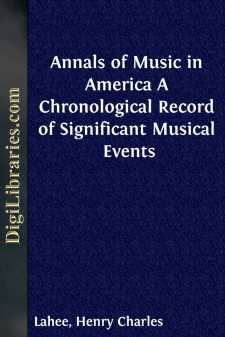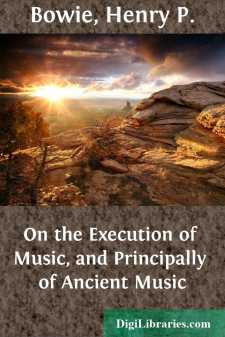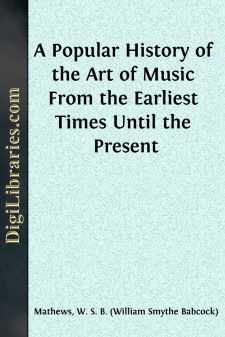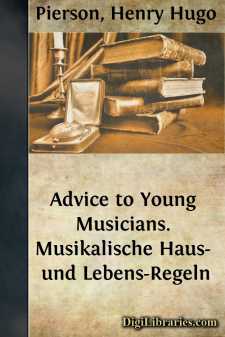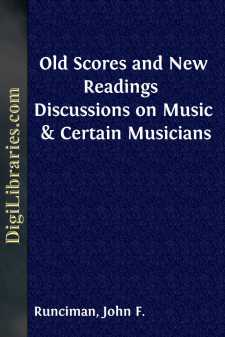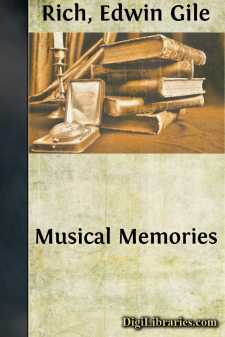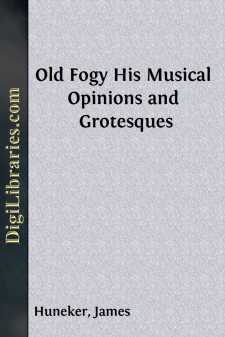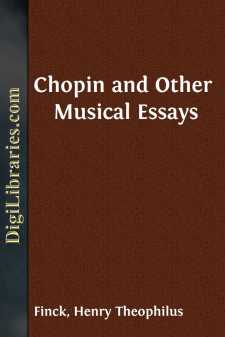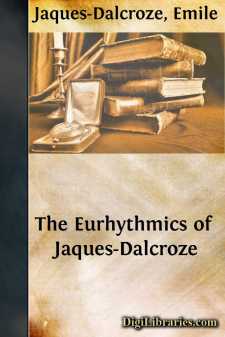Categories
- Antiques & Collectibles 13
- Architecture 36
- Art 48
- Bibles 22
- Biography & Autobiography 813
- Body, Mind & Spirit 142
- Business & Economics 28
- Children's Books 15
- Children's Fiction 12
- Computers 4
- Cooking 94
- Crafts & Hobbies 4
- Drama 346
- Education 46
- Family & Relationships 57
- Fiction 11829
- Games 19
- Gardening 17
- Health & Fitness 34
- History 1377
- House & Home 1
- Humor 147
- Juvenile Fiction 1873
- Juvenile Nonfiction 202
- Language Arts & Disciplines 88
- Law 16
- Literary Collections 686
- Literary Criticism 179
- Mathematics 13
- Medical 41
- Music 40
- Nature 179
- Non-Classifiable 1768
- Performing Arts 7
- Periodicals 1453
- Philosophy 64
- Photography 2
- Poetry 896
- Political Science 203
- Psychology 42
- Reference 154
- Religion 513
- Science 126
- Self-Help 84
- Social Science 81
- Sports & Recreation 34
- Study Aids 3
- Technology & Engineering 59
- Transportation 23
- Travel 463
- True Crime 29
Sort by:
1640-1750 The Annals of Music in America during the first hundred years contain very little that would seem to be of any importance to the musicians of today. Nevertheless it is as interesting to note the beginnings of music in this newly settled country as to watch the appearance of the baby's first tooth. The first settlement at Plymouth took place in 1620, and we find that in 1640 the colonists...
more...
by:
Henry P. Bowie
USIC was written in a scrawl impossible to decipher up to the thirteenth century, when Plain Song (Plain Chant) made its appearance in square and diamond-shaped notes. The graduals and introits had not yet been reduced to bars, but the songs of the troubadours appear to have been in bars of three beats with the accent on the feeble note of each bar. However, the theory that this bar of three beats or...
more...
INTRODUCTION. I. HE name "music" contains two ideas, both of them important in our modern use of the term: The general meaning is that of "a pleasing modulation of sounds." In this sense the term is used constantly by poets, novelists and even in conversation—as when we speak of the "music of the forest," the "music of the brook" or the "music of nature." There...
more...
The cultivation of the Ear is of the greatest importance.—Endeavour early to distinguish each several tone and key. Find out the exact notes sounded by the bell, the glass, the cuckoo, etc. Practise frequently the scale and other finger exercises; but this alone is not sufficient. There are many people who think to obtain grand results in this way, and who up to a mature age spend many hours daily in...
more...
by:
John F. Runciman
Many years ago, in the essay which is set second in this collection, I wrote (speaking of the early English composers) that "at length the first great wave of music culminated in the works of Tallis and Byrde ... Byrde is infinitely greater than Tallis, and seems worthy indeed to stand beside Palestrina." Generally one modifies one's opinions as one grows older; very often it is necessary...
more...
by:
Edwin Gile Rich
Memories of My ChildhoodIn bygone days I was often told that I had two mothers, and, as a matter of fact, I did have two—the mother who gave me life and my maternal great-aunt, Charlotte Masson. The latter came from an old family of lawyers named Gayard and this relationship makes me a descendant of General Delcambre, one of the heroes of the retreat from Russia. His granddaughter married Count...
more...
CRITICAL AND HISTORICAL ESSAYS Darwin's theory that music had its origin “in the sounds made by the half-human progenitors of man during the season of courtship” seems for many reasons to be inadequate and untenable. A much more plausible explanation, it seems to me, is to be found in the theory of Theophrastus, in which the origin of music is attributed to the whole range of human emotion....
more...
by:
James Huneker
INTRODUCTION My friend the publisher has asked me to tell you what I know about Old Fogy, whose letters aroused much curiosity and comment when they appeared from time to time in the columns of The Etude. I confess I do this rather unwillingly. When I attempted to assemble my memories of the eccentric and irascible musician I found that, despite his enormous volubility and surface-frankness, the old...
more...
I CHOPIN THE GREATEST GENIUS OF THE PIANOFORTE Leipsic, the centre of the world's music trade, exports about one hundred thousand dollars' worth of music to America every year. I do not know how much of this sum is to be placed to the account of Chopin, but a leading music dealer in New York told me that he sold three times as many of Chopin's compositions as of any other romantic or...
more...
THE EDUCATIONAL SIGNIFICANCE OF HELLERAU At Hellerau two things make an ineffaceable impression upon the mind—the exquisite beauty of movement, of gesture and of grouping seen in the exercises; and the nearness of a great force, fundamental to the arts and expressing itself in the rhythm to which they attain. Jaques-Dalcroze has re-opened a door which has long been closed. He has rediscovered one of...
more...


